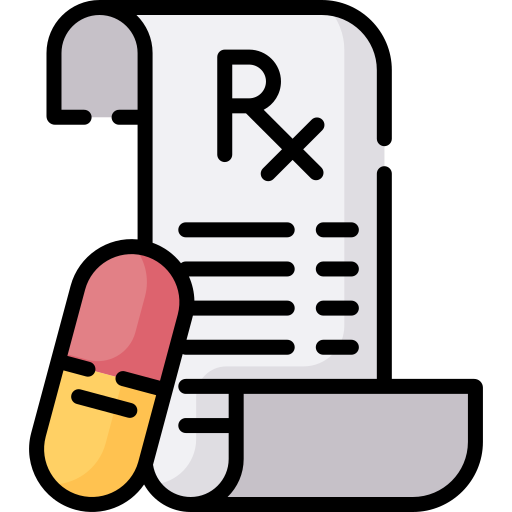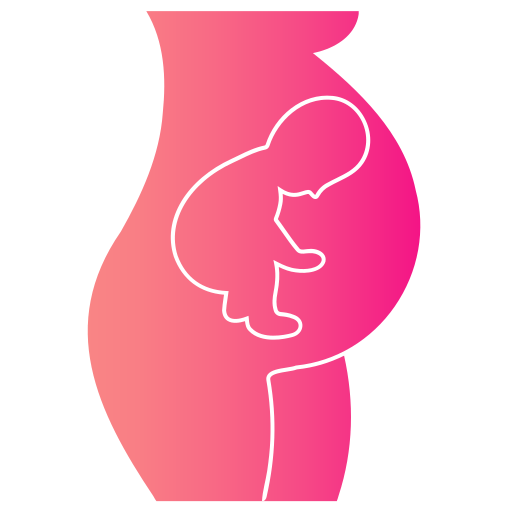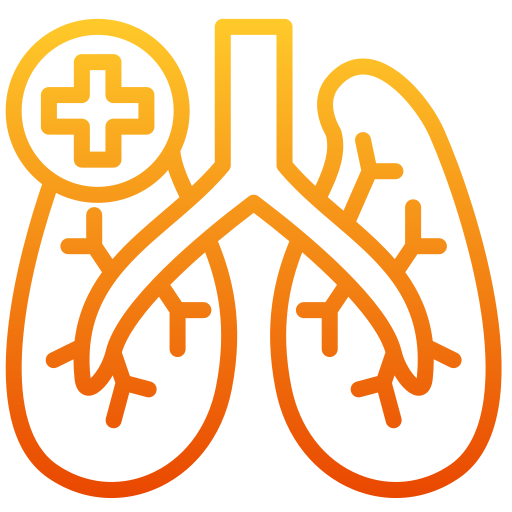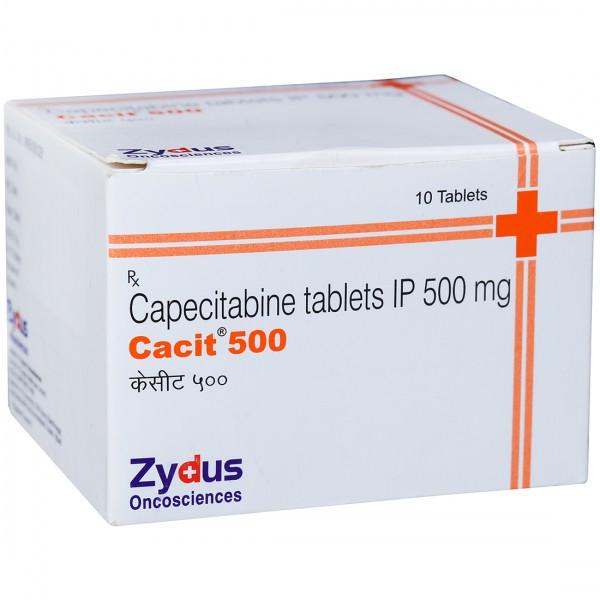CACIT 500 MG
CACIT 500 MG
 Prescription Required
Prescription Required
- Salt Composition: Capecitabine 500mg
- Company: Zydus
- Packaging: 10 T 1 strip
- Storage_condtion: Store below 30°C
- MRP:
₹1262 - Price: ₹350
- You Save: ₹912 (72%)
Introduction of CACIT 500 MG
cacit 500mg Tablet is used in the treatment of cancer of breast, colon, and rectum. It may be also used to treat other conditions, as determined by the doctor. It is used alone or in combination with some other medicine as a part of chemotherapy.
Product Use
How to Consume CACIT 500 MG
Take this medicine in the dose and duration as advised by your doctor. Swallow it as a whole. Do not chew, crush or break it. Cacit 500 Tablet is to be taken with food.
Benefits Of CACIT 500 MG
Cacit 500mg Tablet is prescribed alone and also in combination with other anticancer medications like Docetaxel and Oxaliplatin. It stops the growth of cancer cells by inhibiting the DNA synthesis. This drug gets converted into its active form called fluorouracil and interferes with cell signalling, ultimately preventing the multiplication of cancer cells.
Side Effects of CACIT 500 MG
Most side effects do not require any medical attention and disappear as your body adjusts to the medicine. Consult your doctor if they persist or if you’re worried about them.
Common:
CACIT 500 MG - Safety Considerations
 Pregnancy Unsafe
Pregnancy Unsafe
This medicine is not advised during pregnancy as it may have harmful effects on fetal development.
 Breastfeeding Consult a Doctor
Breastfeeding Consult a Doctor
It is uncertain whether this medication passes into breast milk. A healthcare provider should be consulted before use.
 Lung Health Consult a Doctor
Lung Health Consult a Doctor
Some users have reported minor lung-related side effects. If you have respiratory conditions, seek medical advice before starting the treatment.
 Liver Function Unsafe
Liver Function Unsafe
Regular liver function tests are recommended as this injection may contribute to liver stress in certain individuals.
 Alcohol Unsafe
Alcohol Unsafe
Patients taking this medicine are generally advised to avoid or limit alcohol consumption, as it may increase the risk of liver damage and worsen liver-related side effects.
 Driving Unsafe
Driving Unsafe
This medicine may cause side effects like fatigue, dizziness, or blurred vision, which can impair your ability to drive or operate machinery. It is advised to avoid these activities during treatment.
Frequently Asked Questions
Q1. What is the recommended dose of CACIT 500 MG for treating cancer?
The ideal dosage of CACIT 500 MG varies based on the type of cancer, the patient's health status, age, and body weight.
Q2. How does CACIT 500 MG differ from other chemotherapy drugs?
CACIT 500 MG is classified as an antimetabolite chemotherapy drug that disrupts DNA synthesis, thereby preventing cancer cell growth.
Q3. Is it safe to combine CACIT 500 MG with other cancer therapies?
Yes, CACIT 500 MG can be used alongside other chemotherapy agents, radiation, and targeted treatments depending on the specific cancer type.
Q 4. Are there any foods or medications to avoid while using CACIT 500 MG?
Certain foods, medications, and even herbal supplements may interact with CACIT 500 MG, potentially increasing side effects. Always consult your healthcare provider regarding all medicines and supplements you are taking before starting treatment.
Q 5. How effective is CACIT 500 MG in cancer treatment?
The effectiveness of CACIT 500 MG varies based on factors like the cancer type, its stage, and how the patient's body responds. Discuss treatment goals and outcomes with your healthcare provider for personalized guidance.
Q 6. What actions should I take if I experience severe side effects from CACIT 500 MG?
If you develop severe side effects such as high fever, intense nausea or vomiting, or signs of infection, contact your healthcare provider immediately for proper medical attention.
Q 7. Can CACIT 500 MG cause skin reactions similar to sunburn?
Yes, CACIT 500 MG can cause sunburn-like reactions, especially when applied topically for skin conditions. This may result in redness, itching, burning, and peeling. Minimize sun exposure, wear protective clothing, and apply sunscreen while undergoing treatment.
Q 8. Does CACIT 500 MG cure cancer?
While CACIT 500 MG is effective in managing certain cancers, it is not considered a cure. Its success in shrinking or controlling tumors depends on cancer type, stage, and individual health factors.
